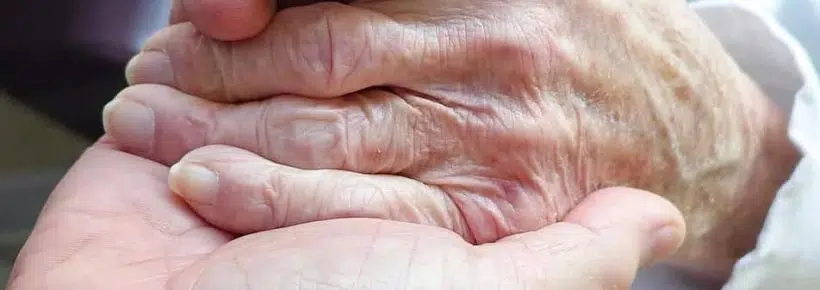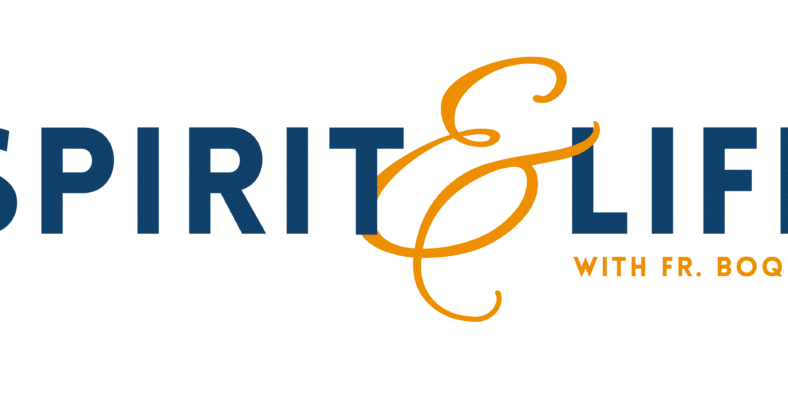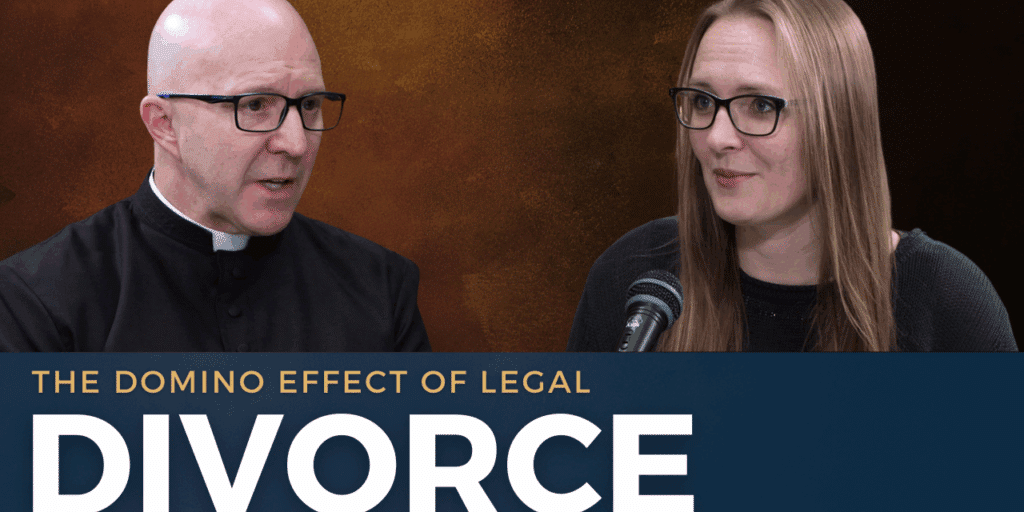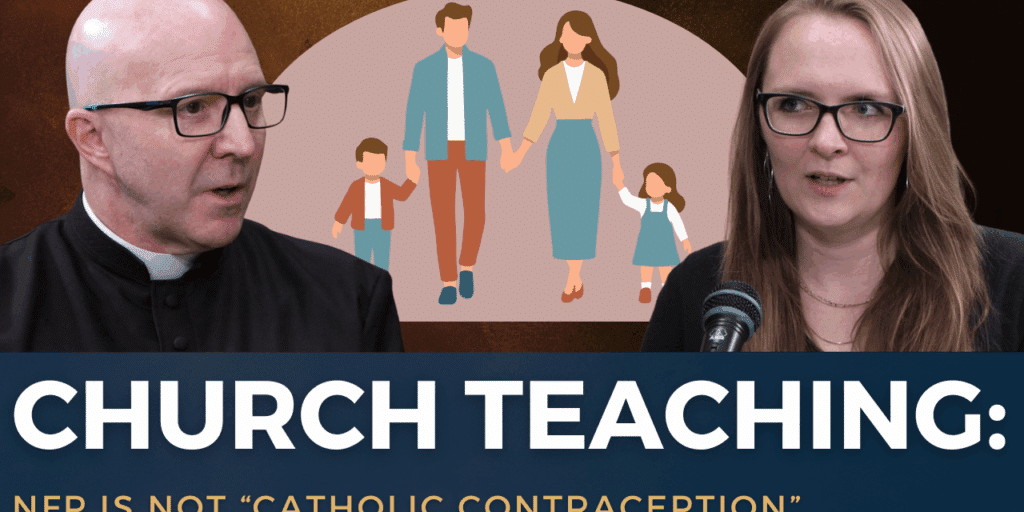Making Death Easier Than Life in Canada
Our vulnerability forms the basis for an ethics of care, especially in the medical field, which is expressed in concern, dedication, shared participation and responsibility towards the women and men entrusted to us for material and spiritual assistance in their hour of need. ― Samaritanus bonus, §1
In July of 2020, the Vatican’s Congregation for the Doctrine of the Faith (CDF) issued a document strongly reiterating the Church’s teaching condemning assisted suicide and euthanasia. Entitled Samaritanus bonus, the letter called for a humane and principled approach to addressing suffering and sickness, based upon the example of the Good Samaritan (Lk 10:30-37).
In the letter, the CDF strongly warned of the grave problems that occur when states legalize assisted suicide and euthanasia. “The ethical and legal boundaries that protect the self-determination of the sick person are transgressed by such legislation,” they wrote, “and, to a worrying degree, the value of human life during times of illness, the meaning of suffering, and the significance of the interval preceding death are eclipsed.”
In reiterating the Church’s long-standing prohibition against such practices, the CDF noted that, “Just as we cannot make another person our slave, even if they ask to be, so we cannot directly choose to take the life of another, even if they request it.”
In addition to warning that euthanasia is an “intrinsically evil act” that can never be supported, the CDF also warned about the inevitable abuses that occur wherever killing is embraced as a solution to suffering. In some cases, they said, “neither patients nor families are consulted in final decisions about care,” due to legal situations in which “wide margins of ambiguity are left open in end-of-life law regarding the meaning of obligations to provide care.”
In countries that have legalized the practice, they added, “tens of thousands of people have already died by euthanasia, and many of them because they displayed psychological suffering or depression.” In a growing number of cases, people who never desired or asked for euthanasia are being killed. However, the CDF noted, even in cases where the patient did request euthanasia (never moral or permissible), the request “is in many cases itself a symptom of disease, aggravated by isolation and discomfort.”
In most cases, the patient never really desires death, wrote the CDF. Instead, the plea for death “is almost always a case of an anguished plea for help and love. What a sick person needs, besides medical care, is love, the human and supernatural warmth with which sick persons can and ought to be surrounded by all those close to him or her, parents and children, doctors and nurses.”

Horrific Abuses in Canada
The CDF’s warnings seem eerily prescient now in light of the growing alarm at the grotesque abuses being exposed in Canada where euthanasia was first legalized in 2016.
While the practice was originally legalized only for those whose death was “reasonably foreseeable,” the “reasonably foreseeable” clause was eradicated several years later due to a court case. Since then, the number of euthanasia deaths has shot up, with over 10,000 such killings in 2021. Of those 10,000, 224 were not suffering from a terminal illness.
Then, earlier this year, the country approved euthanasia for those suffering from “mental illness,” a provision that is set to go into effect in 2023.
The rapid liberalization of Canada’s law, as well as the recent revelation of a series of horrific stories in which poor, sick, and otherwise vulnerable people who did not want to die were either proactively offered euthanasia, or forced to choose death out of desperation, has launched a global debate about the practice.
Surprisingly, even many extremely progressive newspapers and activists are now openly asking the question whether Canada has gone too far. A recent article in The Toronto Star, Canada’s largest (and most liberal) newspaper, quoted a disability rights activist describing Canada’s euthanasia regime as a form of “Hunger Games style social Darwinism.”
David Fancy, who is in general a strong supporter of euthanasia, worried that in Canada euthanasia is functioning as a sort of “eject button” for marginalized people, who are pushed towards choosing the “ultimately, less expensive route.” He mentions the example of a woman, Denise, who after trying for seven years has been unable to get approved for affordable housing that can accommodate her wheelchair. Now, out of desperation, she is pursuing euthanasia.
Or take the case of Alan Philips, who has suffered chronic pain for the past 18 years, but who after years of trying cannot get access to a medical procedure that could address the pain. Now, he’s been approved for euthanasia.
In another case, a mother of a 23-year-old man who suffers from chronic depression and diabetes discovered that her son had applied for, and been approved, for euthanasia without her knowledge, and that he was scheduled to be killed in just two weeks. The doctor only cancelled the procedure after the mother went to the media, provoking a major backlash.
Cases like these expose the perverse incentive in countries that have public health care systems to push those suffering from chronic, and potentially expensive, illnesses towards death. As the Canadian Broadcasting Corporation put it in a 2017 article, “Medically assisted deaths could save millions in health care spending.”
“Our society needs to do more to facilitate living with a disability, and not be so eager to facilitate dying,” David Lepofsky, chair of the Accessibility for Ontarians with Disabilities Act Alliance, told The Toronto Star, in remarks that echo the CDF’s Samaritanus bonus.
Even the New York Times chimed in, with a feature article asking whether euthanasia has become “too easy” in Canada, quoting a trio of disability rights activists who worried that the message being conveyed by Canada’s laws is “that significant disability can be worse than death.”
Trudo Lemmens, a law professor at the University of Toronto, fretted that, “Canada has the least safeguards of all of countries that allow it, and it has the most open-ended system.”
Push for Euthanasia for Infants and Minors
However, even as disability rights activists are becoming increasingly alarmed over the direction the country is going, and particularly its proposal to allow assisted suicide for mental illness, pro-euthanasia advocates are pushing for even more killing.
Recently, the representative of a leading Canadian medical organization told Parliament that his organization supports legalizing euthanasia for infants.
Dr. Louis Roy, from the Quebec College of Physicians, told the Commons’ Special Joint Committee of Medical Assistance in Dying (MAID) that euthanasia can be appropriate for infants with “severe malformations” and “grave and severe syndromes” for which their “prospective of survival is null, so to speak.”
In response to Dr. Roy’s proposal, the disability rights group Inclusion Canada said it was “alarmed.”
“Most families of children born with disabilities are told from the start that their child will, in one way or another, not have a good quality of life,” said Krista Carr, Inclusion Canada’s executive vice president, according to the National Post. “Canada cannot begin killing babies when doctors predict there is no hope for them. Predictions are far too often based on discriminatory assumptions about life with a disability.”
Alex Schadenberg of the Euthanasia Prevention Coalition echoed these sentiments. “Why would you then have to give the child a lethal dose? If the child is not going to survive, the child can be kept comfortable and die naturally. There’s no reason for us to kill the child. There’s no reason for us to do this at all,” he said.
The Quebec College of Physicians has also expressed support for expanding euthanasia to minors, between the ages of 14-17.
Meanwhile, in reviewing Canada’s euthanasia protocols, the joint Senate and House of Commons committee noted that they are examining “issues relating to mature minors, advance requests, mental illnesses, the state of palliative care in Canada and the protection of Canadians with disabilities.”

Conclusion
Killing the depressed, those who cannot afford housing, who cannot access medical treatments, infants, minors…
It all sounds like a dystopian nightmare. Which it is!
Pro-life advocates have warned about this for years. Killing cannot be used as a solution to suffering. Experience has shown that wherever euthanasia has been legalized, it has rapidly metastasized, being used to quickly and cheaply handle “troublesome” human beings, whose problems require too much care, sacrifice, and resources.
Man is a person because of who he is, because of his being what he is, not because of what he is capable of doing or becoming, or because of what functions, mental, psychological, biological, etc., he is capable of performing (Compendium of the Social Doctrine of the Church, no. 108).
As the Catechism of the Catholic Church teaches, “He [Man] alone is called to share, by knowledge and love, in God’s own life… This is the fundamental reason for his dignity. Being in the image of God the human individual possesses the dignity of a person, who is not just something, but someone” (no. 356-357).
Hence, the Church’s steadfast prophetic stance. “[E]uthanasia is a crime against human life because, in this act, one chooses directly to cause the death of another innocent human being,” stated the CDF in Samaritanus bonus. It is “an intrinsically evil act, in every situation or circumstance,” supported by a perverse mindset, a “Quality of Life” ethic, which arbitrarily deems people with disabilities, the elderly, the chronically ill, and the dying to have a lower moral worth than the healthy, able-bodied, and young; this ethic often translates into denying the weak and vulnerable medical care that others would receive readily.
As such,
Any formal or immediate material cooperation in such an act is a grave sin against human life … [E]uthanasia is an act of homicide that no end can justify and that does not tolerate any form of complicity or active or passive collaboration. Those who approve laws of euthanasia and assisted suicide, therefore, become accomplices of a grave sin that others will execute. They are also guilty of scandal because by such laws they contribute to the distortion of conscience, even among the faithful. (Samaritanus bonus, §5)
That is the truth that the Church has courageously upheld. And it is the truth that will protect so many vulnerable people from being exploited by an impersonal system that does not see their pain as an opportunity to meet them with love and compassion, but rather as a problem to be solved as quickly and cheaply as possible – by a quick and speedy death, if need be.
True compassion does not involve hastening or causing death but in affectionately welcoming and supporting the person who is in need or sick and providing the moral means to alleviate his or her suffering.
Euthanasia is not progress. It is exploitation and discrimination, pure and simple. Let us pray that Canada and other nations that have legalized the practice reject this unjust, immoral path, and acknowledge, defend, and promote the truth about human persons and their immutable dignity before it’s too late.
Human Life International
As president of Human Life International, Fr. Boquet is a leading expert on the international pro-life and family movement, having journeyed to nearly 90 countries on pro-life missions over the last decade. Father Boquet works with pro-life and family leaders in 116 counties that partner with HLI to proclaim and advance the Gospel of Life. Read his full bio here.







” Love is never a burden”- Sgt. Hondo, TV Episode S.W.A.T.
The context of this most poignant and yet an ultimate profession of caring and love ( he was taking care of his gravely ill father who considered himself a burden to his son) is a virtue that we can all aspire to… Remember the Fruits of the Spirit- love, peace, joy, long-suffering, kindness, faithfulness, gentleness, self-control. What timely and beautiful words from Galatians! Amen.
Man was created in the image of God and as such, God speaks to man through images. The greatest image He uses to speak to man is man himself and that is why Jesus said, “when I was hungry, you gave me to eat…etc.” Therefore, to reject man made in the image of God is to reject God. These many affronts to human life are nothing other than the rejection of God Himself. And since Jesus is the exact representation of the Father, to reject human life in any form is to reject Jesus who is our salvation. Thus we see emerging the paltry ideologies of our day that consider human life as disposable-at-will items. Even modern day warfare with its kill at the push of a button is a sign of the massive corruption raising its head in our time.
St. Michael the Archangel, defend us in battle and the fierce warfare against good.